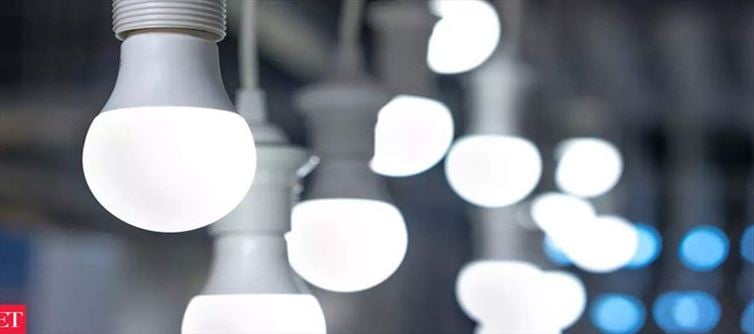
The LEDs for All (by Ujala-Unnat Jyoti Affordable LEDs) scheme has been completed for 7 years.

This scheme has reduced the electricity bills of the people. Unnecessary consumption of electricity has come down.
Its case study is being considered for inclusion in the Harvard business School syllabus. read an interesting story...
New Delhi. 7 years ago, yellow lattu or bulbs were used to hang in homes. There was little light from them, but the electricity was burning a lot.
At the same time, bad things also happened quickly. Then the prime minister launched the Unnat Jyoti by Affordable LEDs for All (UJALA – Unnat Jyoti by Affordable LEDs) scheme on 5th january 2015.

This scheme proved to be a revolution in the matter of electricity. It has not only reduced the electricity bills but also gives plenty of light and the LEDs are also running well.
Case studies may be included in the Harvard business School syllabus
The scheme has also attracted the attention of top management institutes of the country.
It has now become a part of the Leadership Case Study at the indian Institute of Management (IIM), Ahmedabad. Apart from this, it is also included in the curriculum of Harvard business School.
like lighting up the houses
So far more than 36.78 LED lights have been distributed across the country. The program has changed the lives of people.
In the year 2014, the UJALA scheme was successful in bringing down the retail price of LED bulbs. The price of LED bulbs was reduced from Rs 300-350 per bulb to Rs 70-80 per bulb. Apart from providing affordable energy for all, the program also resulted in huge energy savings.
power consumption reduced
Up to the present time, there has been an annual energy saving of 47,778 million kWh per hour.

Apart from this, the maximum demand of 9,565 MW was waived and 386 million tonnes of CO2 (Carbon Dioxide) was cut. Ujala has been happily adopted by all the states.
With the help of this, the annual electricity bills of the households have come down. Consumers have been able to save money, improve their standard of living and contribute to India's economic progress and prosperity.
Thanks to the UJALA undertaking, the expenditure of LED bulbs has come down by up to 85 percent. This has resulted in an increased number of bidders, improved product quality, and better choices for consumers.
With increasing industrial competition and bulk procurement, EESL (Energy Efficiency services Limited) has adopted a unique procurement strategy, which has resulted in well-known benefits. This has now become the USP of the Ujala program.
A great example of Make in India
This gives impetus to the indigenous lighting industry.
Thanks to UJALA, works get cost-benefit through common bulk procurement. This gives manufacturers an opportunity to reduce the prices of LEDs in the retail sector as well.
Its purchase price has dropped from Rs 310 to Rs 38 between 2014 and 2017. In this way, there has been a decrease of about 90 percent.




 click and follow Indiaherald WhatsApp channel
click and follow Indiaherald WhatsApp channel